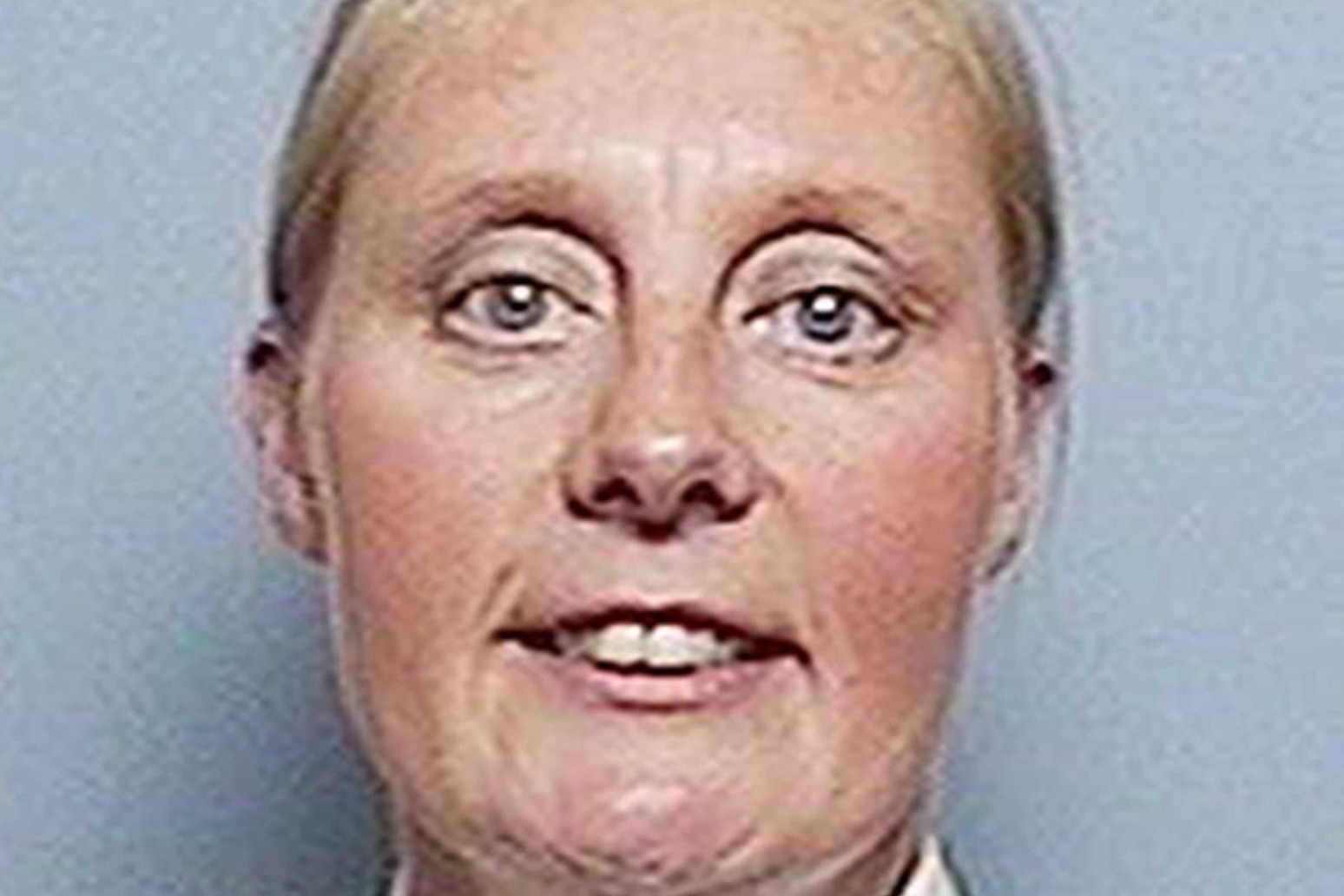
Man convicted of PC Beshenivsky murder
The robbery mastermind convicted of a police officer’s murder spent almost 15 years on the run before being brought to justice.
Piran Ditta Khan fled the country after the death of Pc Sharon Beshenivsky and was eventually put on trial two decades later after being extradited from Pakistan.
Khan, 75, planned the raid that ended in Pc Beshenivsky being shot dead, and her colleague Pc Teresa Milburn seriously injured, his trial was told.
The two officers were gunned down as they responded to the robbery at family-run Universal Express travel agents in Bradford in November 2005.
Leeds Crown Court heard Khan was eating sandwiches in a lookout car while three other men carried out the raid but prosecutors said his “pivotal” role in planning it and giving instructions made him guilty of Pc Beshenivsky’s murder “as surely as if he had pulled the trigger himself”.
Over the four years following Pc Beshenivsky’s death on November 18 2005, the other six men involved in the robbery were put on trial and convicted.
Muzzaker Shah and brothers Yusuf Jama and Mustaf Jama – the three armed men who went into Universal Express – were convicted of murder, robbery and firearms offences.
Hassan Razzaq and his brother Faisal Razzaq were found guilty of manslaughter, robbery and firearms offences. Raza Ul-Haq Aslam was convicted of robbery.
Jurors heard Khan, the ringleader of the plot, evaded arrest for his part in it by leaving the UK in January 2006 on a flight from Heathrow to Islamabad.
He remained at liberty there until he was arrested and detained by Pakistani authorities in January 2020.
In 2009 a poster offering a £20,000 reward was released in Pakistan by police trying to trace him, and West Yorkshire officers renewed their appeal in 2016.
After his arrest Khan appeared in an Islamabad court, where his extradition was discussed and he asked to be tried in his home country.
The court heard he arrived in the UK last April after an extradition request from the British government and was brought to Leeds by West Yorkshire Police.
Khan told his trial he initially went to Pakistan for his son’s wedding but did not return after “getting scared” when he saw news reports saying he was a wanted man.
The defendant gave evidence largely through a Punjabi interpreter, telling his barrister: “My English is street English, your English is book English.”
He told the court he grew up in Pakistan as one of eight children and came to the UK alone as a teenager in 1965, staying initially with an uncle in Bradford.
He went on to live in Nottingham, Derby and Dewsbury, having a number of factory jobs and at one point going to Denmark to work at a hotel.
He went back to Pakistan to get married and had five children before returning to Bradford, initially alone.
By the time his family joined him in around 2002 he was living in London, and was based in Enfield at the time of the robbery, he told jurors.
Khan said he met Mohammad Yousaf, who went on to open Universal Express, while living in Bradford and had been using his services to transfer money to family in Pakistan since 1968.
He claimed the motive for the robbery was that Mr Yousaf owed him £12,000 which “went missing” in 1996, telling jurors he never used the business after that and had not visited their new premises on Morley Street – the site of the robbery.
The defendant said debt collector Hassan Razzaq offered to “get his money back” after the pair met through a business associate on a trip to Aberdeen, where Khan owned a restaurant.
He denied knowing in advance that a robbery was going to be carried out or that the men Razzaq sent had guns, claiming he thought they would simply “intimidate” the staff.
He pleaded guilty to robbery, saying it was because the armed men “went there for my money” and it was “my mistake to tell them”.
Prosecutor Robert Smith KC said Khan’s claim of being defrauded was an “entirely false” attempt to explain why he was in Bradford at the time of the robbery and murder.
Jurors heard he has convictions from between 1978 and 1999 for assault occasioning actual bodily harm, assault and possessing an offensive weapon.
The defendant said one assault conviction from 1980 related to “shoving and slapping” between him and a woman who “wanted to marry him” while another from 1990 was an incident where some customers were “misbehaving” in his restaurant and he hit one of them “so they would run away”.
He told the court he was “not a naughty person” and did not cause trouble, but would “defend himself”.
Published: by Radio NewsHub